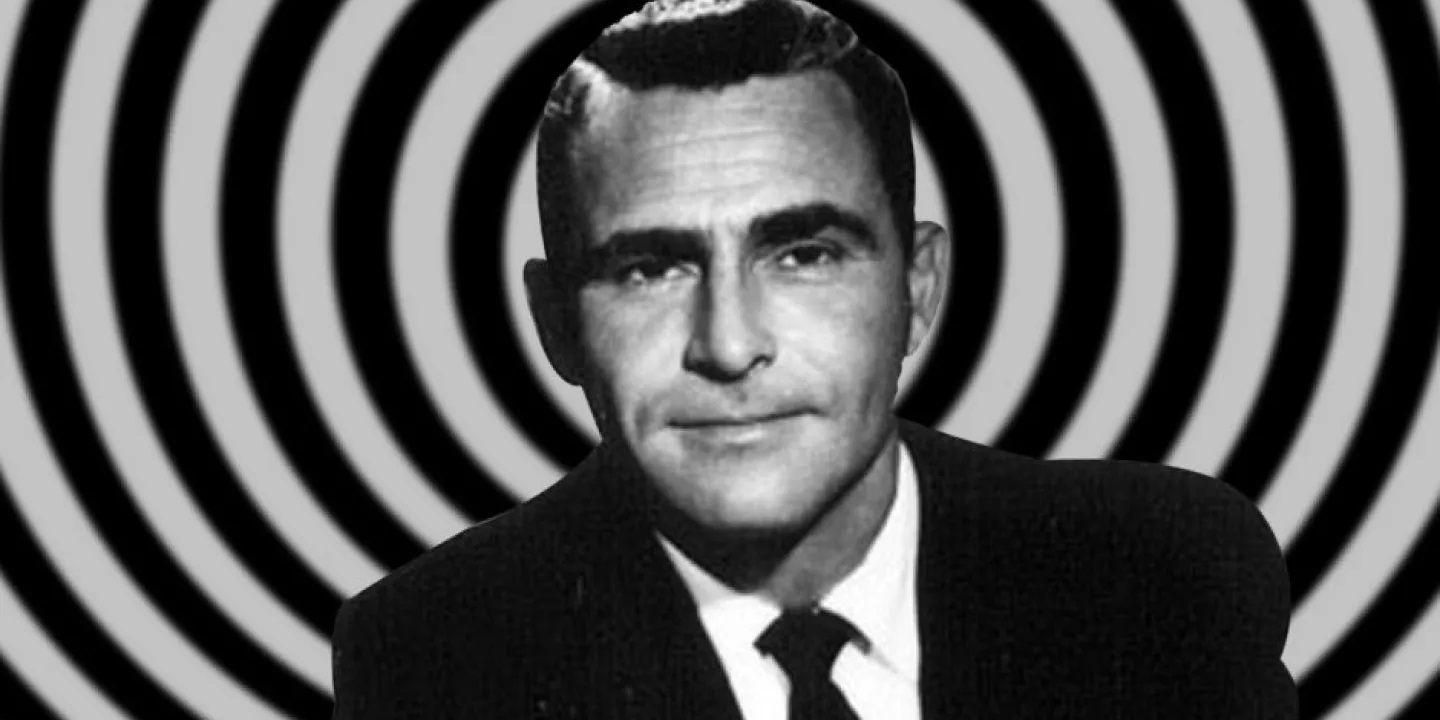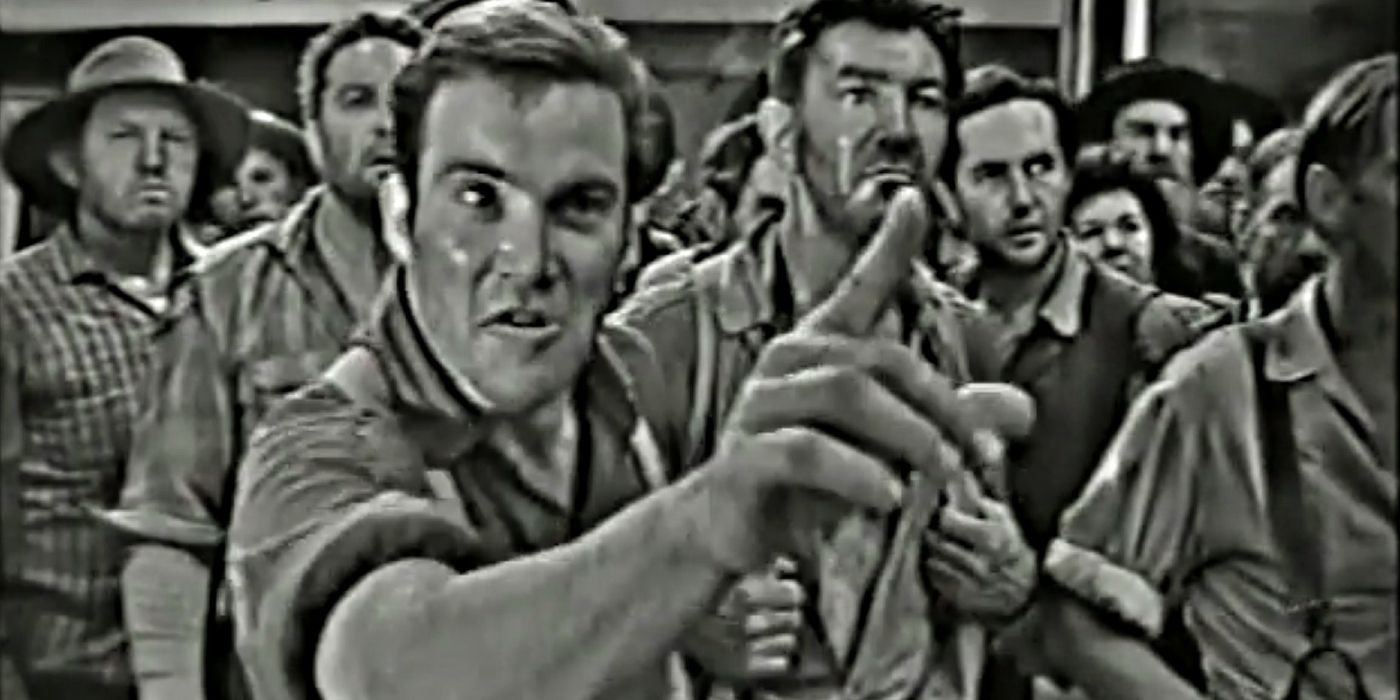
[ad_1]
This text accommodates discussions of racism and lynching.
Abstract
- The Twilight Zone was created by Rod Serling, who believed in utilizing tv as a platform for social activism and commentary.
- The present was initially impressed by the homicide of Emmett Until, a Black teenager who was brutally killed in Mississippi within the Fifties.
- Serling’s makes an attempt to instantly adapt Until’s story have been met with censorship, main him to create The Twilight Zone as a option to subtly embody social commentary inside the sci-fi and horror genres.
The Twilight Zone has gone down in historical past as among the finest sci-fi TV reveals of all time, however most individuals don’t know that the sequence began due to an notorious real-life homicide. Throughout the early Nineteen Sixties, the anthology TV sequence introduced tales that handled paranoia, social fears, and horror. The Twilight Zone consists of memorable episodes like “Nightmare at 20,000 Toes” and “To Serve Man.” This iconic TV present additionally often comes up for instance of a sequence that seamlessly built-in politics and social commentary.
Rod Serling, who created The Twilight Zone, believed that tv, as a medium, should carry out social activism. He informed interviewer Mike Wallace, “The author’s position is to be a menacer of the general public’s conscience… He should see the humanities as a automobile of social criticism, and he should focus the problems of his time” (by way of Smithsonian Journal). This perception led to the success of The Twilight Zone. Nonetheless, the present would’ve by no means existed if it weren’t for the horrific kidnapping and homicide of a Black teenager in Mississippi within the Fifties.
The Twilight Zone’s Origins Started With The Homicide Of Emmett Until
In 1955, a 14-year-old Black boy named Emmett Until was kidnapped and killed because of an accusation that he whistled at a white girl. Regardless of having witnesses to the kidnapping, an all-white jury acquitted alleged murderers Roy Bryant and J.W. Milam of all costs, permitting them to stroll free. This horrific injustice rocked the U.S., galvanizing the already-building Civil Rights Motion (by way of Library of Congress). The Twilight Zone creator Rod Serling was so horrified by the crime that he felt compelled to make use of his platform as a TV author to create an episode of America Metal Hour based mostly on the story of Emmett Until’s homicide.
Sadly, Serling was rebuffed by TV executives and advertisers at each flip. In line with the guide Rod Serling: His Life, Work, and Creativeness, roughly 15,000 letters and telegrams got here in to protest Serling’s teleplay based mostly on Until’s homicide after information circulated in regards to the concept. Serling modified the placement of the homicide and the character’s race, making him Jewish as a substitute, but this wasn’t sufficient. The present’s producers gutted his script, requiring him to alter the character to a nondescript foreigner and the assassin to a misguided man. Due to this censorship, Serling obtained the concept to create a sci-fi/horror present that might subtly embody social commentary. The Twilight Zone was born.
Rod Serling Nonetheless Very Loosely Tailored The Emmett Until Story Once more
Rod Serling’s first try at adapting the story of Emmett Until’s homicide finally grew to become a 1956 episode of America Metal Hour referred to as “Midday on Doomsday,” however it had no chunk and little or no commentary as a result of censorship he confronted. So, The Twilight Zone creator tried once more. For the 1958 Serling-scripted, John Frankenheimer-helmed Playhouse 90 episode “A City Has Turned to Mud,” Emmett Until’s tragic story was loosely tailored as being a couple of younger Mexican boy lynched within the American Southwest throughout the nineteenth century. These adjustments distanced the story from the real-life hate crime, however it allowed the message about prejudice and injustice to come back by means of.
Sources: Smithsonian Journal, Library of Congress, Rod Serling: His Life, Work, and Creativeness
[ad_2]

